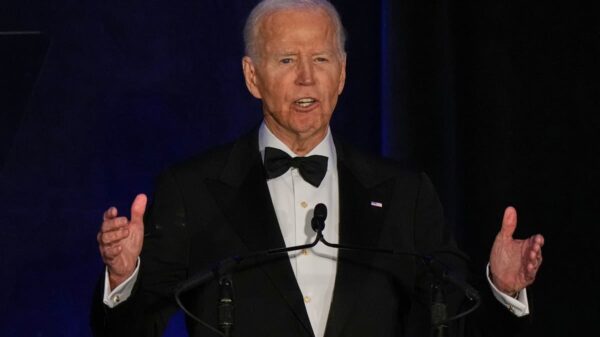The U.S. government has entered its second week of shutdown, prompting significant concerns regarding the implications for military personnel. This standoff, primarily influenced by political maneuvering among Congressional Democrats, has raised alarms about the impact on troops’ pay and benefits. While political leaders like Chuck Schumer and Hakeem Jeffries navigate party dynamics, the immediate consequences are being felt by the brave men and women serving in the armed forces.
Troops Face Uncertainty Over Pay
As of December 2023, approximately 1.3 million active-duty service members are at risk of experiencing delays in their paychecks due to the ongoing budget impasse. The shutdown has halted numerous government operations, affecting not only military salaries but also essential services that support service members and their families. This situation highlights the broader implications of political disagreements, particularly when they intersect with national security and the welfare of those in uniform.
Despite the political posturing, it is the troops who are now left to face financial uncertainty. Many service members live paycheck to paycheck, relying on their salaries to support themselves and their families. The inability to receive timely payments can lead to stress and anxiety, undermining the morale of those who serve the nation.
Political Implications and Responsibilities
The current shutdown stems from a failure to reach a budget agreement in Congress, with Democrats and Republicans at odds over various spending priorities. Critics argue that Democrats are prioritizing political strategy over the needs of the military. As tensions rise, they emphasize that the consequences of such strategies disproportionately affect those who serve the country.
Senator Schumer and Representative Jeffries have expressed their commitment to resolving the deadlock, yet their constituents are left questioning the ramifications of prolonged negotiations. The American public expects elected officials to prioritize the welfare of military personnel, particularly during times of national crisis.
In light of this situation, some lawmakers are advocating for a bipartisan approach to ensure that military pay remains unaffected by political disputes. Proposals have emerged to pass legislation that would guarantee pay for service members, regardless of the broader budget discussions. As the shutdown continues, the pressure mounts on Congress to act decisively and responsibly.
The situation remains fluid, with discussions ongoing in Capitol Hill. Still, the reality is clear: it is the service members who bear the brunt of these political games. As negotiations unfold, the need for a resolution that protects military pay and benefits has never been more urgent.






































































